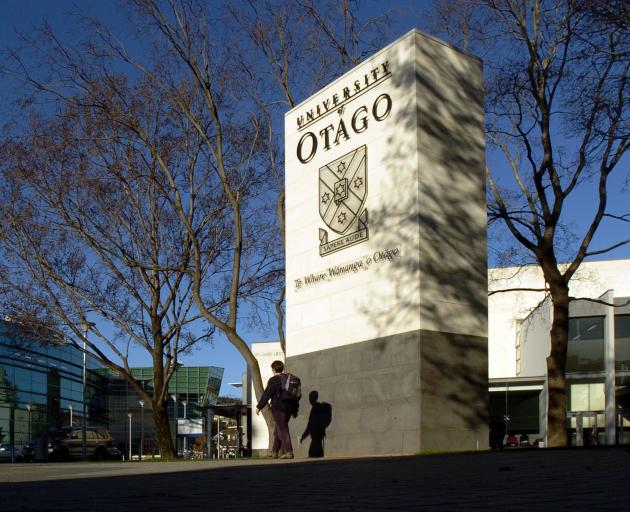
The University of Otago finalised its new equity and diversity policy and accompanying strategic framework last year, completing work which began in 2013.
An equity advisory committee is now drafting an action plan, examining concrete ways to make the campus more inclusive.
Removing barriers to success for women, ensuring fair treatment for staff and students of different nationalities and sexual orientations, equity for students from lower socio-economic backgrounds are among its objectives.
School of Surveying dean and committee head Prof Christina Hulbe said "being active" in making the university more inclusive and monitoring the outcome of policies was key.
For instance, a way to make university more inclusive for people with disabilities was to make sure there was enough time between lectures for them to get to their classes, and that they had a route to follow.
Maori academics also worried about a lack of opportunities for the growing number of Maori PhD students once they finished university.
Maori staff and students were covered by a separate strategic framework, but the advisory committee was still interested in helping, she said.
"[It's about] how do we help them transition into permanent roles at the university.
"Certainly, from the equity point of view of valuing diversity we would be interested in collaborating with that [sector] how we could."
As was the case in workplaces elsewhere in New Zealand, the number of female academics at the university tended to dwindle once you reached the senior ranks, Prof Hulbe said.
She was also interested in ensuring students knew which questions were discriminatory in job interviews and how to respond in a way that drew attention to their strengths.
For instance, surveying was a "pretty male-dominated" profession and it was not uncommon for female students or graduates to be asked at job interviews if they planned to start a family.